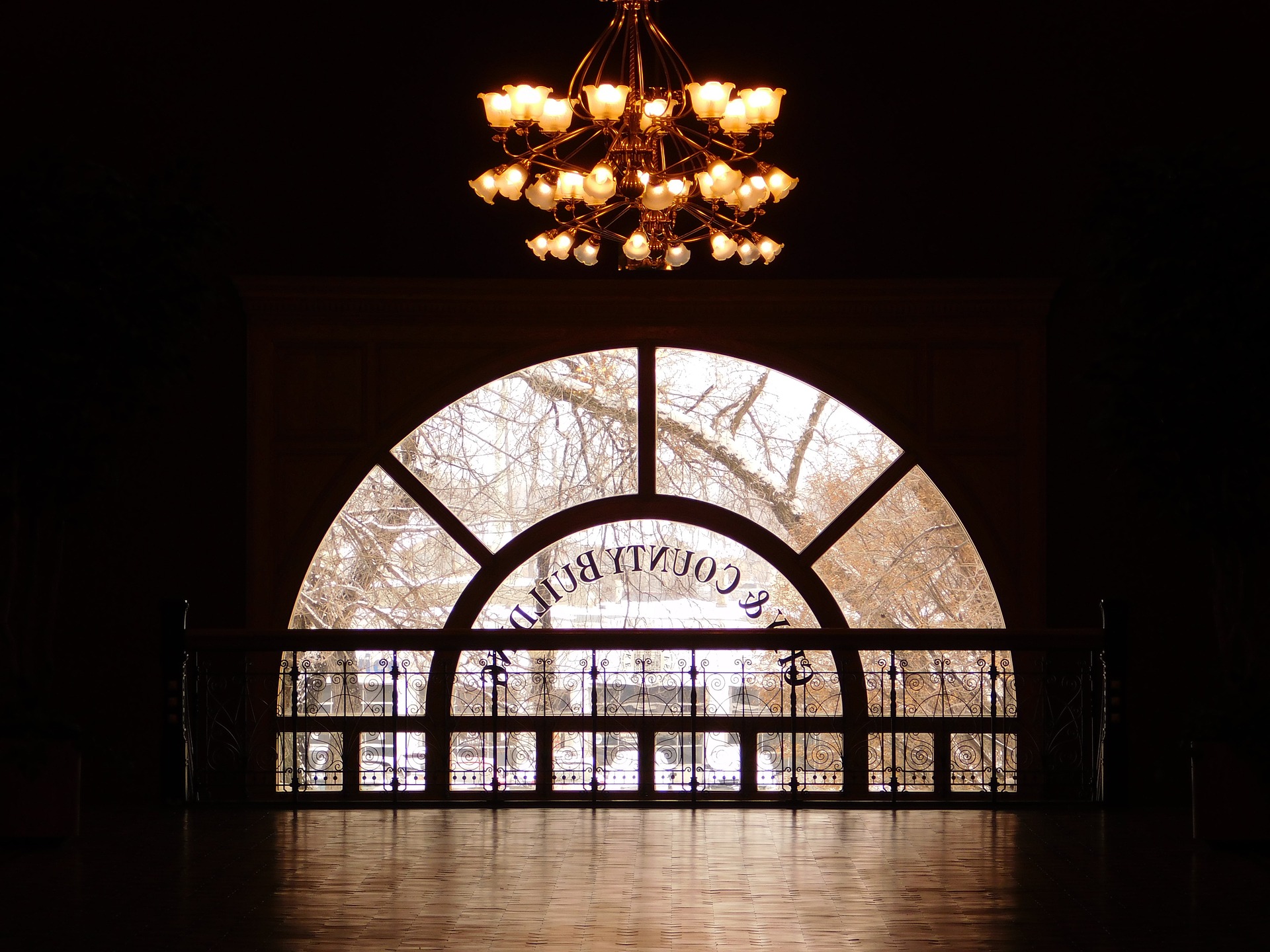
Enforcement of building codes is a battleground that many insurers have chosen to try to underpay claims. Check your policy to see if you have code upgrade coverage – it’s sometimes listed as “BC Coverage” or “OL Coverage” (OL is short for Ordinance or Law). It’s typically an additional coverage, meaning the policyholder is paying extra money in premiums. Its purpose is to pay for any increase in cost for change in building codes.
For example: your house is 40 years old. You experience a fire loss and the house needs to be rebuilt. The policy requires the insurer to pay for “like kind and quality”. The 40-year old electrical system in your house might not pass a code inspection based on current codes – building codes change every few years and will have almost certainly changed in the last 40 years. The additional code upgrade coverage that you purchased is supposed to cause the insurer to pay for the extra money to upgrade any repair items that are required to be upgrades per building code. With a total loss of a structure, a policyholder could be on the line for tens of thousands of dollars in out-of-pocket expenses that are not covered by their policy. We highly recommend taking a look at your policy to check if you have code upgrade coverage.
Code coverage has become a battleground for wind and hail claims (between insurers and policyholders/contractors). In Maryland and Virginia, building codes now require additional roofing items such as ice and water shield and drip edge, which were probably not required if you had your roof replaced over 10 years ago. Without code upgrade coverage, you would be responsible to pay for these upgrades, which would cost thousands of dollars on a typical roof.
The issue has become a battleground because some insurers hide behind the wording in the ordinance or law section of the policy that states the code must be “enforced.” Insurers are trying to say that if an item does not require a permit from the local county, then it is not enforced. Nothing could be further from the truth and a quick call to any county permit office can verify the fact that you’re not allowed to break the law if you don’t need a permit. Typically, replacement of “coverings” such as roofing shingles or siding is an action that does not require a permit to be pulled in MD and VA.
In other words, you paid extra for code upgrade coverage, code requires upgrades for your loss, and the insurer still refuses to pay. Yes, this happens every day with insurance claims. What do you do?
There are a variety of arguments we have successfully used to compel insurers to pay for code upgrades when the policy calls for these upgrades. A tip was given to us recently in Prince George’s County, MD that might make the entire process much easier and take away any arguments the insurers have regarding code coverage. We have another active claim in PG County that the insurer is attempting to underpay the claim by not paying for code upgrades. The adjuster stated that she had contacted the county permit office and they advised her that code upgrades for roofs were not enforced in PG County. The representative at the permit office strongly disagreed. (Pro tip: follow building codes in PG County.)
Here’s the rub: although replacing roof coverings doesn’t require a permit, replacement of roof sheathing (i.e. the plywood under the shingles) does require a permit. The problem with needing a permit to replace roof sheathing is that you might not know it needs to be replaced until the shingles have been removed. At that point, it is very undesirable to stop the job and have to go through the permit process. The county allows you to obtain a permit prior to the job starting so the job doesn’t need to be stopped in order to replace damaged sheathing. You can obtain that permit even if you just suspect that sheathing might need to be replaced. Of course, by obtaining that permit, all aspects of the job will be inspected, so there will be no question as to whether the building codes are enforced.
A permit in PG County costs $94. Most insurance policies will cover the cost of any building permits associated with your loss. That $94 should be included in your insurance payout. Provide a copy of the permit to your insurer. If they still fight it, give us a call.
We’ll update this post as we research the viability of this technique in other jurisdictions in MD and VA.
info@fair.claims
571-989-FAIR
